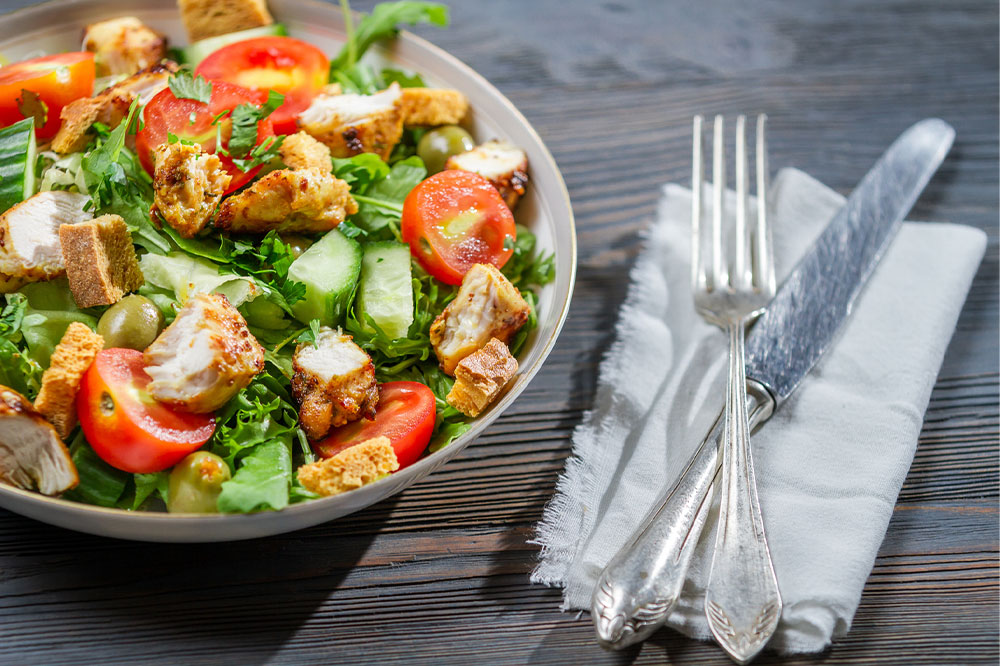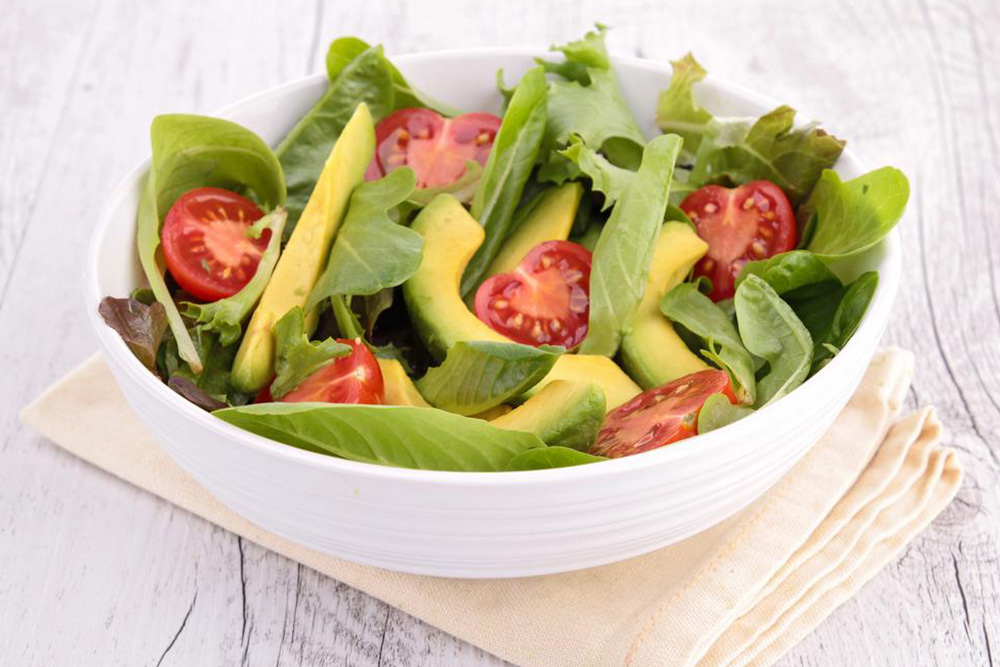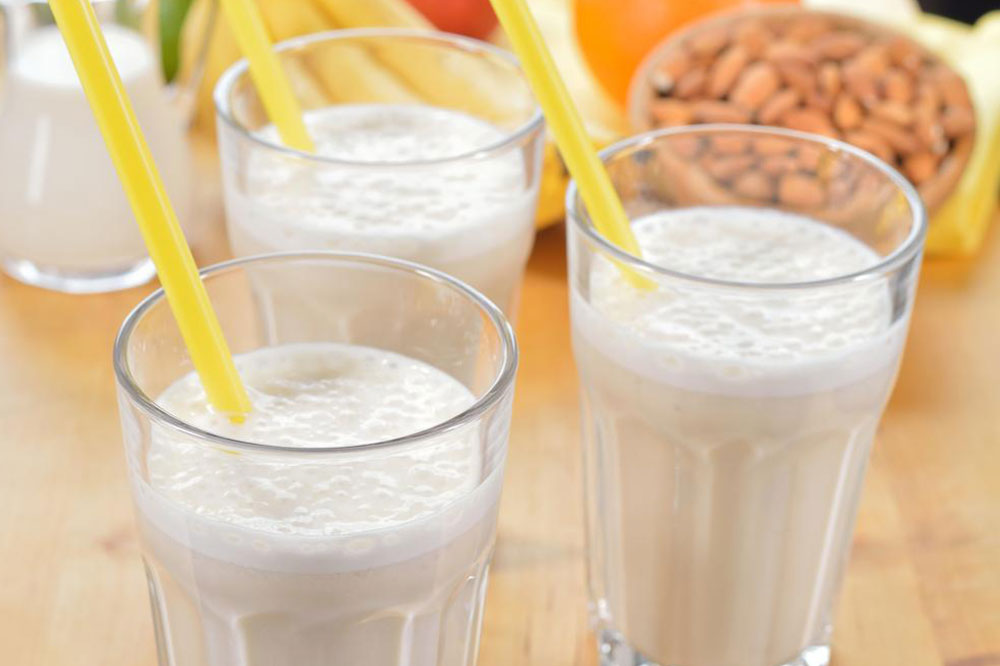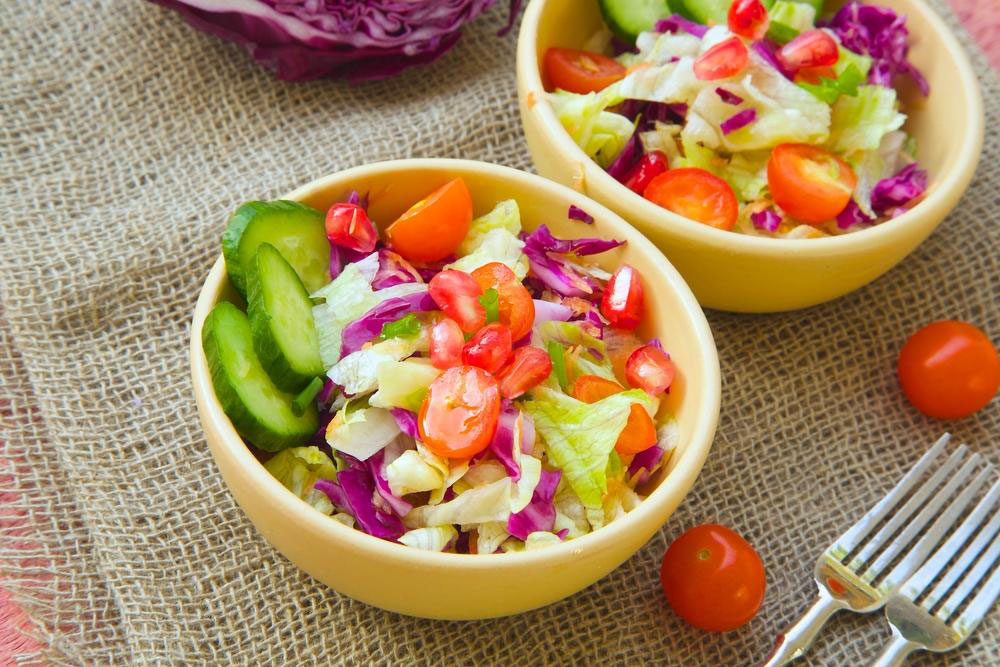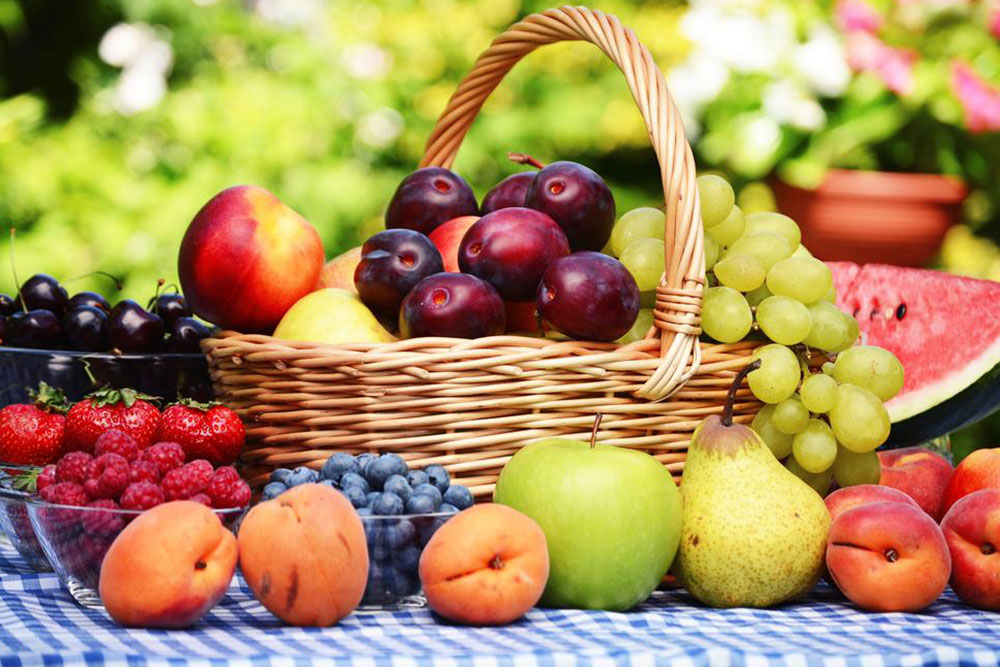Nutritional Guidance for Managing Ovarian Cancer: Foods to Embrace and Avoid
This article offers essential dietary tips for women diagnosed with ovarian cancer, highlighting foods to include and avoid. Emphasizing the importance of nutrition in improving prognosis, it covers beneficial vegetables, whole grains, and cautionary foods like processed meats. Proper diet management can support treatment and potentially enhance survival rates. Always seek medical advice before making dietary changes to ensure they align with individual health needs.

Ovarian cancer often goes unnoticed until it reaches an advanced stage, sometimes after metastasis has occurred. It remains one of the most common cancers affecting women globally. Excess weight is a significant risk factor for ovarian, breast, and endometrial cancers.
Research conducted between 1994 and 1998 in Cook County found that women with ovarian cancer who maintained a healthy diet tended to have longer survival times. Their diet choices—favoring fruits, vegetables, meats, whole grains, dairy, and healthy oils—played a role in their outcomes.
Women adhering to nutritious eating habits showed increased survival, with certain foods having a more notable impact. Factors such as age, cancer stage at diagnosis, and diet influence individual outcomes. Cruciferous and yellow vegetables like cauliflower, kale, and broccoli are particularly beneficial.
Below are recommended foods to incorporate into an ovarian cancer-friendly diet:
Increase daily intake of fruits and vegetables, aiming for at least five servings each day to help reduce risk.
Choose whole grains such as whole wheat bread, brown rice, and oats, which provide vital nutrients and fiber.
Include cruciferous vegetables like cabbage, cauliflower, kale, and radishes. These contain phytochemicals that produce isothiocyanates, substances believed to inhibit tumor growth and help detoxify carcinogens. They also reduce inflammation, lowering the risk of cancer and cardiovascular diseases.
During treatment, proper nutrition becomes crucial. Chemotherapy can impair appetite and digestion, so careful food choices are necessary to maintain energy levels essential for recovery.
Foods to avoid include:
Processed meats, red meats, and cured meats, which studies link to lower survival rates.
If experiencing diarrhea, steer clear of dairy products, caffeine, soda, and high-fiber foods to alleviate symptoms.
While diet alone isn't a guaranteed way to extend survival, working with healthcare professionals to craft a tailored nutritional plan can support better management of ovarian cancer.

